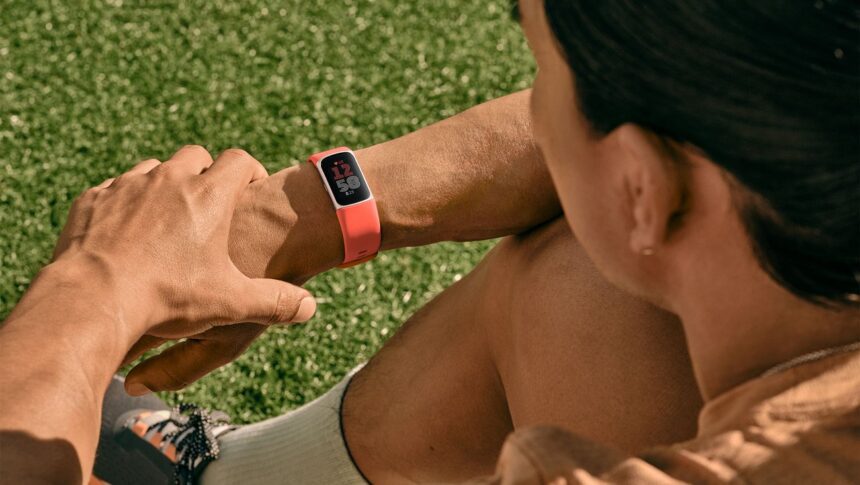A robust metabolism plays a crucial role in how the body processes nutrients, generates energy, and maintains a strong immune system. Conversely, an unhealthy metabolism can lead to physical decline and eventually result in illness.
While genetic factors influence metabolic health, lifestyle choices, such as diet, exercise, and sleep, also play a significant role. Fitbit aims to explore how the use of wearable devices to monitor daily habits and health metrics can enable individuals to gain a better understanding of their metabolic health and make improvements to lead a healthier life.
Today, Fitbit is launching the WEAR-ME Study, which is centered on the capacity of wearable devices to evaluate metabolic health. In collaboration with Quest Diagnostics, a global leader in diagnostic information services, the study seeks to uncover insights that can be used to create tools to assist individuals in maintaining and enhancing their metabolic health.
The Significance of Metabolic Health
Impaired metabolism has wide-ranging implications for health, including placing strain on the cardiovascular system and precipitating premature aging. Metabolic decline is also a prominent factor in conditions such as hypertension, high cholesterol, and Type 2 Diabetes.
Maintaining metabolic health poses a challenge for many individuals, regardless of their weight, with some estimates suggesting that only 12% of adult Americans are metabolically healthy. Through this study, efforts are being made to identify methods for people to gain insights into their metabolic health and implement lifestyle changes to foster improved well-being.
The Role of Wearable Devices
Engaging in physical activity, managing stress, consuming a balanced diet, and obtaining quality sleep are key factors within a person’s control that contribute to a healthy metabolism.
By utilizing wearables such as Pixel smartwatches and Fitbit trackers, it is possible to capture biometric signals to provide a comprehensive overview of health, including heart rate, heart rate variability, sleep patterns, and stress levels. These signals may contain information that enables AI and machine learning algorithms to detect early indications of metabolic decline.
In addition to biometric signals, the analysis of biomarker data present in blood samples is crucial for studying how wearable devices can be leveraged to assess metabolic health. Through Quest, eligible study participants have the opportunity to share their Fitbit data along with biomarker data obtained through a complimentary blood draw facilitated by Quest. This includes a comprehensive metabolic panel and measurement of cholesterol, triglycerides, and insulin levels.
Pooling data from wearable devices, along with the results from these blood tests, will facilitate the development of algorithms to assess metabolic health and guide early interventions and the adoption of lifestyle changes to prevent the onset of disease.
Participation in the Study
Individuals interested in taking part in the WEAR-ME study can enroll through the Google Health Studies app, which is open for enrollment starting today. To be eligible, individuals using Pixel Watch or Fitbit devices must be between 21 and 80 years old, based in the United States (excluding Hawaii, Alaska, and Arizona), and use an Android phone. Participants must also be willing and able to visit one of thousands of Quest Diagnostics Patient Service Centers for a blood draw. In addition, participants will be required to complete four questionnaires and share their Fitbit data for the three months leading up to their enrollment and throughout the study. Study participants will have a period of 70 days to complete the study.
The collected data will be handled in accordance with stringent ethical standards and will be used solely for research purposes and for the development of enhanced products. Under no circumstances will the data be sold or utilized for advertising purposes.
This research represents one of the numerous critical studies currently underway, all of which aim to aid in the development of improved tools, empower individuals to understand and proactively manage their health habits, and advance the goal of enhancing overall health.









